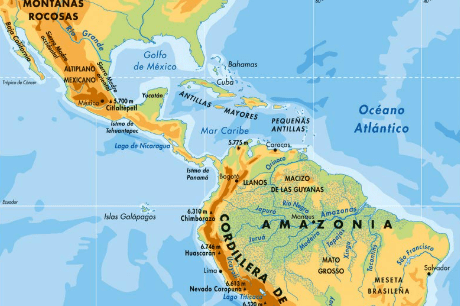Trade integration in Latin America and the Caribbean now has a new opportunity to take place with nearshoring, said Luz María de la Mora, former Undersecretary of Foreign Trade of the Mexican government.
In an analysis published by ECLAC, De la Mora believes that the challenges faced by globalization open up new opportunities for Latin America and the Caribbean, as a region, to join supply chains that seek to move out of China and relocate to countries closer to North America or Europe for geopolitical reasons.
In fact, the IDB has identified that Latin America and the Caribbean has the potential to be part of this wave of supply chain relocation and increase its exports of goods and services by more than US$78 billion (US$64 billion in trade in goods and US$14 billion in trade in services).
It is evident that, in this strategy, countries such as Mexico and those of Central America and the Caribbean are already well positioned to attract investments that seek to relocate in this region to access the U.S. market under preferential conditions thanks to the Central America-United States-Dominican Republic Free Trade Agreement (CAFTA) and the Mexico-United States-Canada Agreement (USMCA).
However, this may be an opportunity for the region to offer a more integrated market, as has been built in ASEAN, which seeks to generate a single market through a process of regional economic integration and thus be in a better position to participate in the construction of supply chains.
Trade integration
In the more than six decades since the signing of the 1960 Treaty of Montevideo and the General Treaty on Central American Economic Integration, the international context has changed.
De la Mora explained that the countries of Latin America and the Caribbean have opted for a system of open regionalism whereby they have a series of trade agreements with third countries whose commitments are stronger and more binding than those with their peers in Latin America and the Caribbean.
She holds a PhD in Political Science from Yale University (United States), a Master’s degree from Carleton University (Canada) and is a graduate of the International Relations program at the Colegio de México (Colmex).

